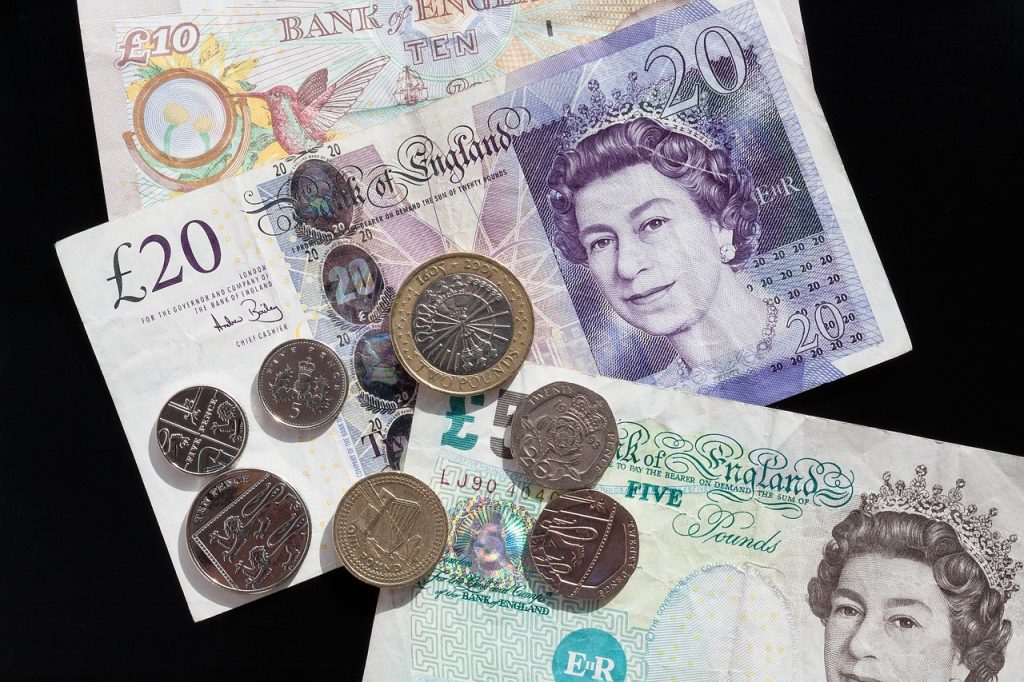Higher rates in the UK boost the pound’s value by attracting more overseas investment. This increased demand for sterling raises its value relative to other currencies.
Currency Market Reactions
Currency markets responded by betting that UK rates would remain higher for longer. UK inflation was steady in June, with the headline rate at the Bank of England’s target rate of 2%. However, some underlying measures of inflation watched closely by Bank rate-setters remain stubbornly high. For example, inflation in the services sector stayed at 5.7% in June, while core inflation, excluding volatile items like energy prices, held at 3.5%.
Central Banks and Interest Rates
Some central banks, including those in Switzerland, Sweden, and Canada, have already cut rates. However, the Bank of England and the US Federal Reserve have yet to follow suit. The International Monetary Fund raised its outlook for UK economic growth on Tuesday to 0.7% this year, up from 0.5% in its April forecasts. Despite this, it warned that the UK might face persistent inflation, necessitating interest rates to remain higher for longer.
Market Uncertainty and Sterling Stability
Kit Juckes, head of FX Strategy at Societe Generale, expressed doubts about the longevity of the sterling rally. Nevertheless, he acknowledged that “there’s so much uncertainty in the world,” and the stability of a new UK government is helping the pound. Global market jitters have been exacerbated by a hung parliament in France, turmoil in the US presidential race, the attempted assassination of Republican candidate Donald Trump, and doubts about President Joe Biden’s ability to serve another term.
Prime Minister’s Economic Revival Plans
On Wednesday, King Charles outlined Prime Minister Keir Starmer’s plans to revive the economy, focusing on delivering new homes and infrastructure projects. Emma Wall, head of investment analysis and research at Hargreaves Lansdown, commented, “Inflation at target – and marginally down if you care about decimal places – coupled with a King’s Speech full of ambitious reforms and a high growth agenda has caused the pound to bounce.”
Future Economic Outlook
She added that sustaining the rally will depend on ongoing economic data and the Bank of England’s decision on interest rates due on 1 August.
Conclusion
The interplay of higher interest rates, inflation dynamics, and global market uncertainties shapes the future of the UK pound. Continuous monitoring of economic data and central bank decisions will be crucial in determining the pound’s trajectory.



